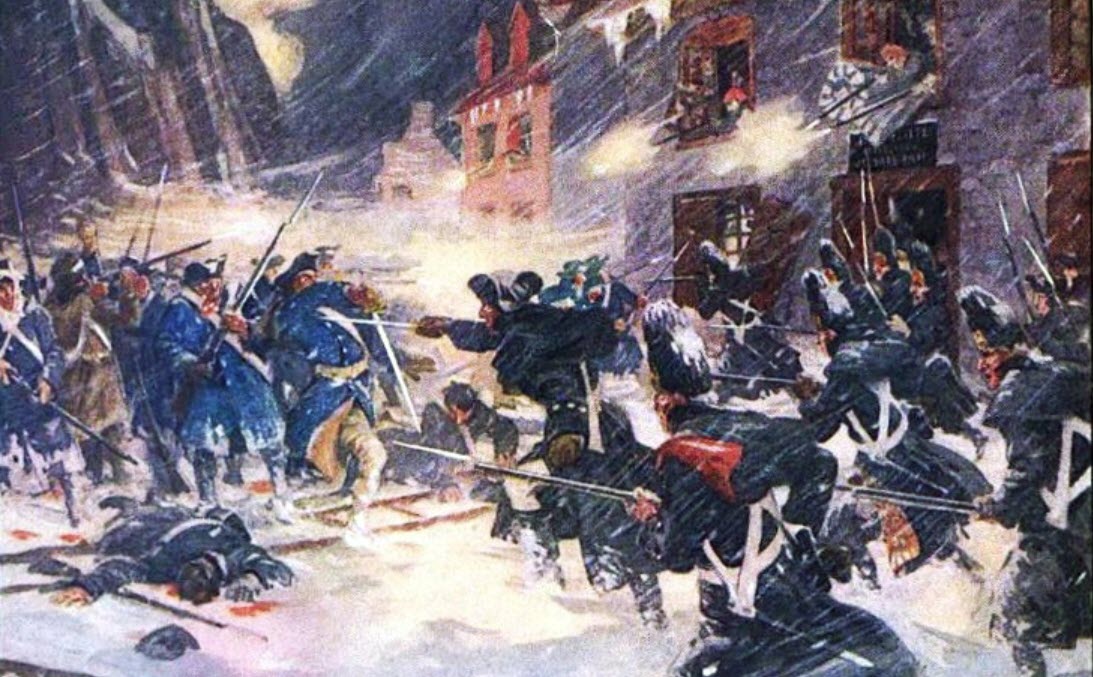The American Revolutionary War, which took place between 1775 and 1783, marked the birth of the United States of America as an independent nation. The conflict stemmed from the growing tensions between the thirteen American colonies and the British government. This article delves into the causes, major events, and lasting consequences of the American Revolutionary War.

Roots of the Conflict
Rising Colonial Discontent
In the mid-18th century, the American colonies had grown accustomed to a large degree of autonomy. However, the British government, in need of revenue following the French and Indian War, imposed a series of taxes and acts, such as the Stamp Act and the Townshend Acts. These laws, aimed at extracting wealth from the colonies, were met with fervent opposition.
Unrest and Mobilization
The increasing British control and oppression led to mounting colonial resistance. Organizations such as the Sons of Liberty sprouted up, advocating for colonial rights. Events like the Boston Tea Party, where colonists dumped British tea into Boston Harbor in protest of taxes, further fueled the conflict.
The War Begins
The Shot Heard Round the World
On April 19, 1775, British troops clashed with American militiamen at Lexington and Concord, Massachusetts. This encounter, known as the “Shot Heard Round the World”, is considered the opening battle of the Revolutionary War. It was followed by a Continental Congress that established the Continental Army, with George Washington as its commander.
The Declaration of Independence
On July 4, 1776, the thirteen American colonies officially declared their independence from British rule. The Declaration of Independence, penned by Thomas Jefferson, proclaimed the colonies’ sovereignty and the inalienable rights of their citizens.
Key Battles and Turning Points
Battle of Saratoga
The Battle of Saratoga, fought in 1777, is considered a turning point in the American Revolutionary War. The American victory convinced France to enter the war as an ally of the United States, marking a shift in momentum.
Winter at Valley Forge
The winter of 1777-1778 saw the Continental Army endure severe hardships at Valley Forge. However, this period also transformed the army under the training of Baron von Steuben, an experienced Prussian military officer.
Battle of Yorktown
The Siege of Yorktown in 1781 effectively ended the Revolutionary War. American and French forces led by George Washington and Comte de Rochambeau respectively, surrounded British forces under Lord Cornwallis. The British surrender at Yorktown paved the way for peace negotiations.
The Treaty of Paris and Beyond
The Treaty of Paris (1783)
The Treaty of Paris, signed on September 3, 1783, officially ended the American Revolutionary War. In the treaty, Britain recognized the independence of the United States and ceded territory east of the Mississippi River.
Shaping a Nation
After the war, the United States faced the monumental task of creating a government and defining a national identity. The Constitution of the United States was drafted and ratified, providing the framework for the new nation’s government and legal system.
